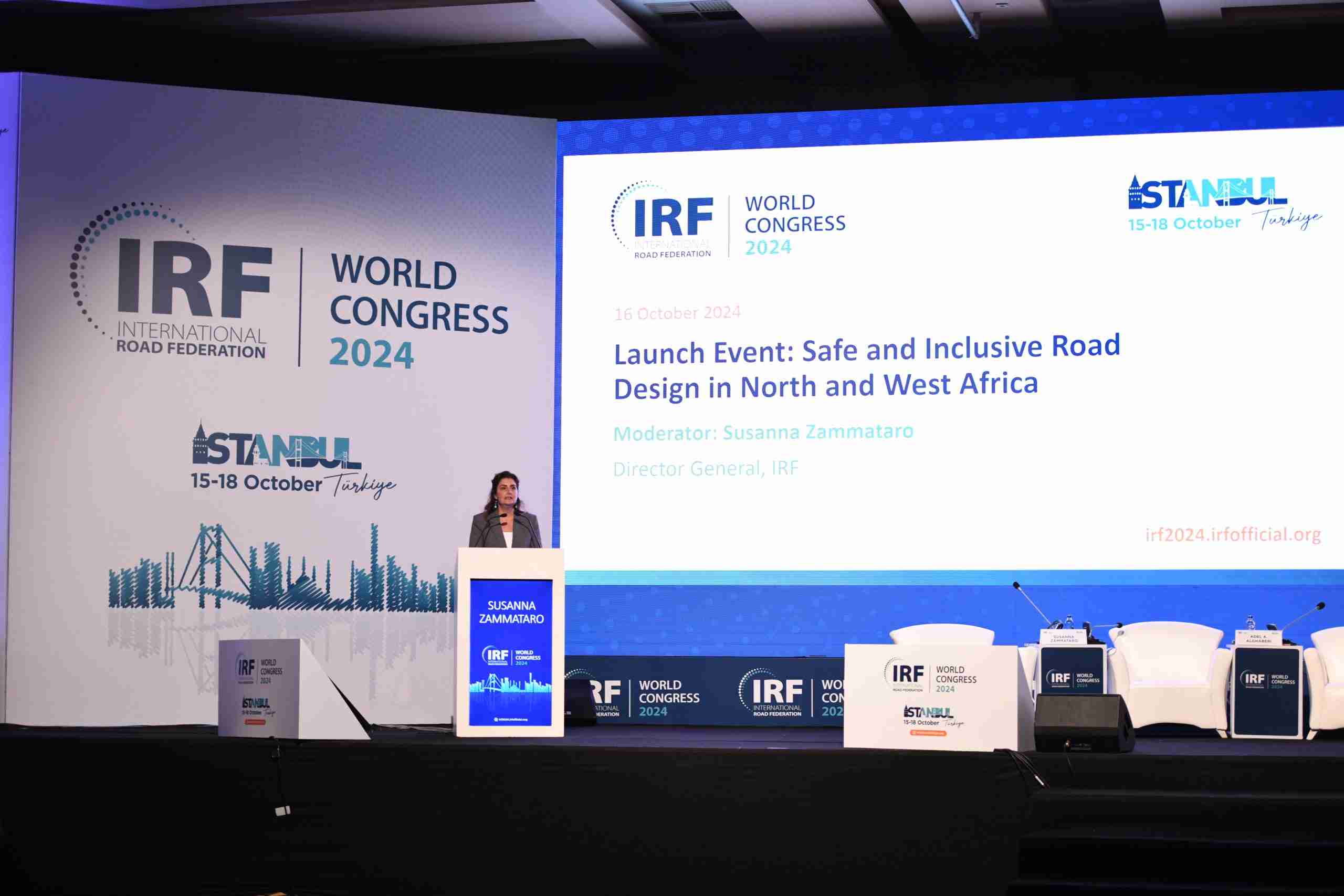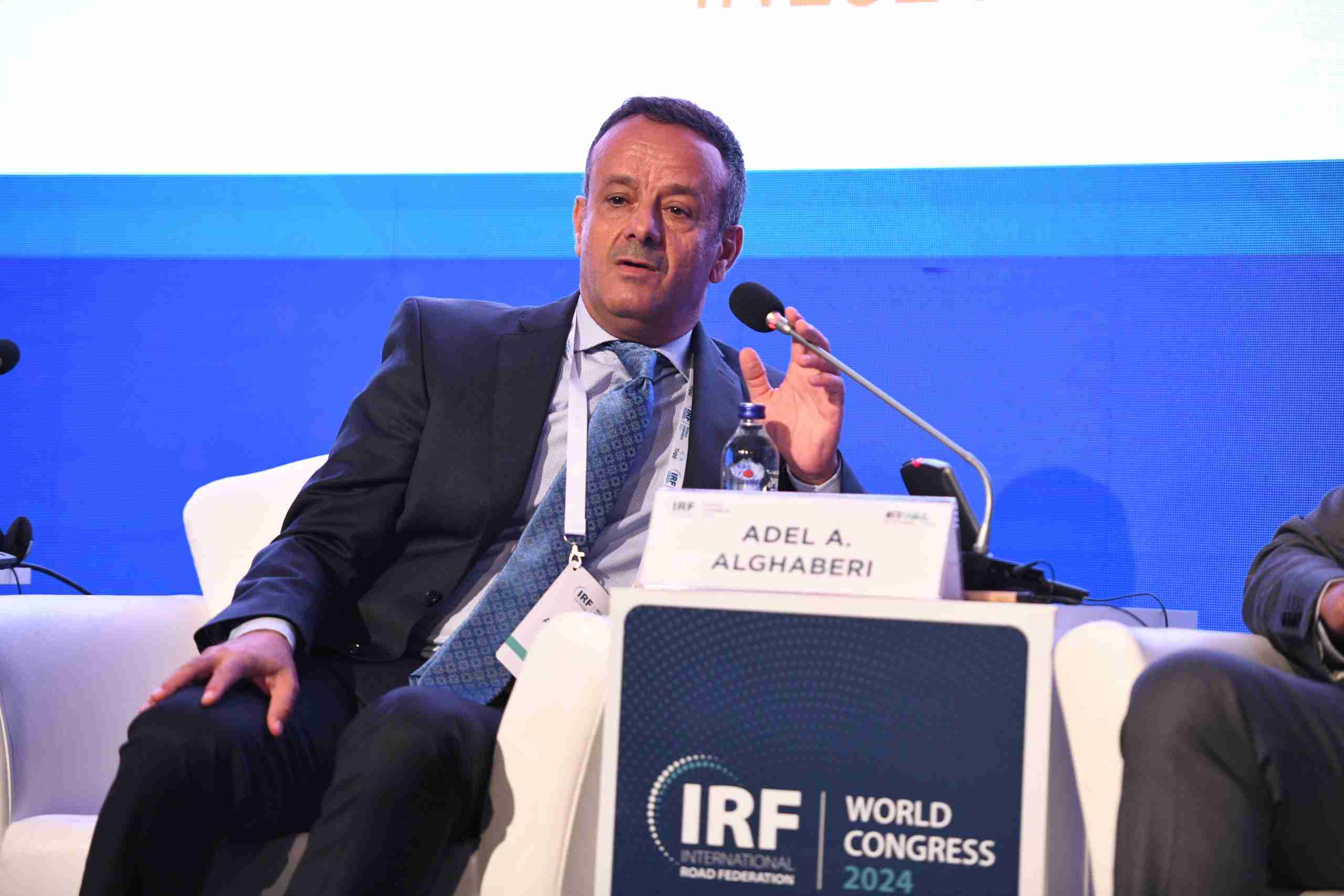Safe and Inclusive Road Design in North and West Africa
The Safe and Inclusive Road Design in North and West Africa project, funded by the UN Road Safety Fund (UNRSF) and implemented by International Road Federation (IRF) and the United Nations Economic and Social Commission for Western Asia (UNESCWA) in partnership with the Government of Mauritania, NARSA (Morocco), and ANASER (Senegal), aims to improve road safety in Morocco, Mauritania, and Senegal. It will update outdated design standards to better protect vulnerable road users like pedestrians, cyclists, and the elderly.
By building on earlier initiatives like the Ten Step Plan in Tanzania and the EU’s SaferAfrica Project, the effort emphasises regional collaboration, particularly among French-influenced design standards, to harmonise safety practices along critical corridors like the Trans-African Highways. Capacity-building programs will train engineers, policymakers, and auditors in modern road safety techniques, fostering long-term institutional expertise. The project also aims to create a sustainable framework for updating standards, ensuring that safer, inclusive infrastructure becomes a lasting priority across North and West Africa.
Cross-country Roundtable on Safe & Inclusive Road Design at the 4th Ministerial Conference on Road Safety
At the 4th Ministerial Conference on Road Safety (15–21 February 2025) in Marrakech, the International Road Federation (IRF) and the United Nations Economic and Social Commission for Western Asia (UNESCWA) co-hosted a cross-country roundtable discussion on the Safe & Inclusive Road Design in North and West Africa project.
With over 100 attendees, the session brought together key international stakeholders to discuss efforts to update road design standards and improve safety for vulnerable users in Morocco, Senegal, and Mauritania. Speakers included Malick Pallen (Islamic Republic of Mauritania), Marisela Ponce de León Valdés (Africa Transport Policy Program – SSATP), and Debbie Cousins (European Bank for Reconstruction and Development – EBRD), who shared insights on regional challenges and solutions.
The roundtable highlighted the importance of regional collaboration and evidence-based design practices in advancing safer roads. The approach being implemented in North and West Africa is also informing a similar Safe & Inclusive Road Design initiative in Central Asia, further expanding efforts to create safer, more accessible road networks worldwide.





